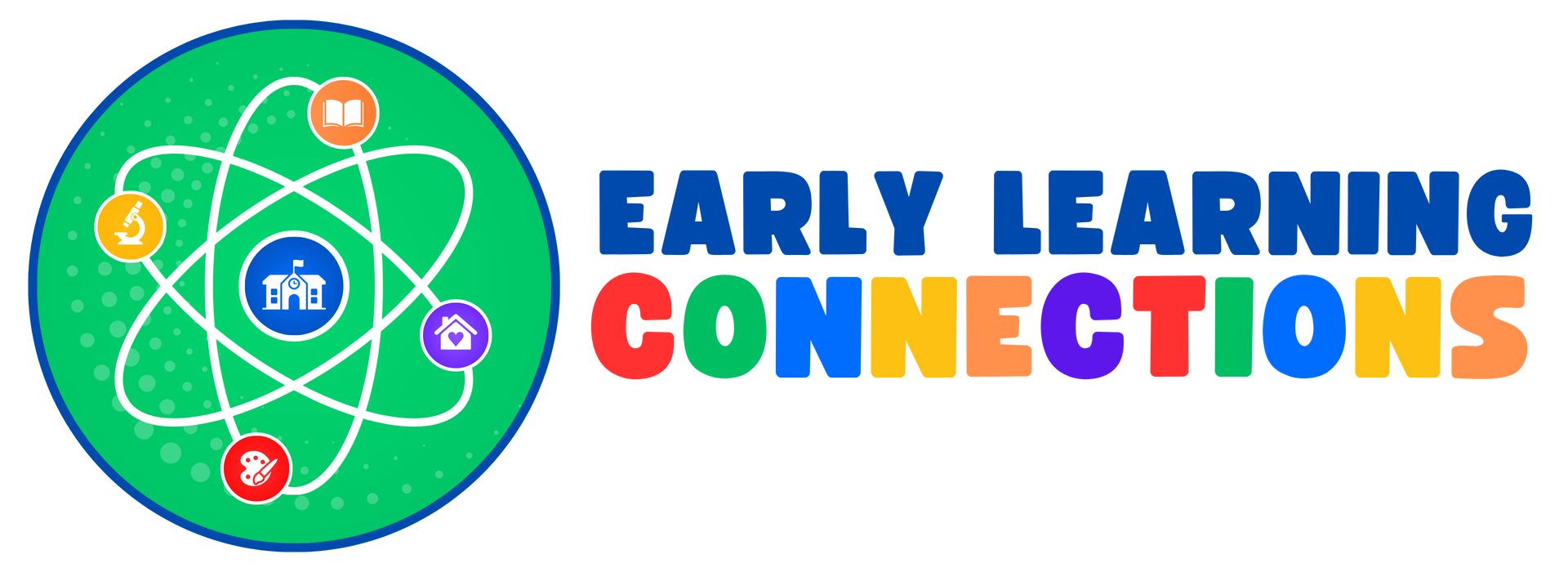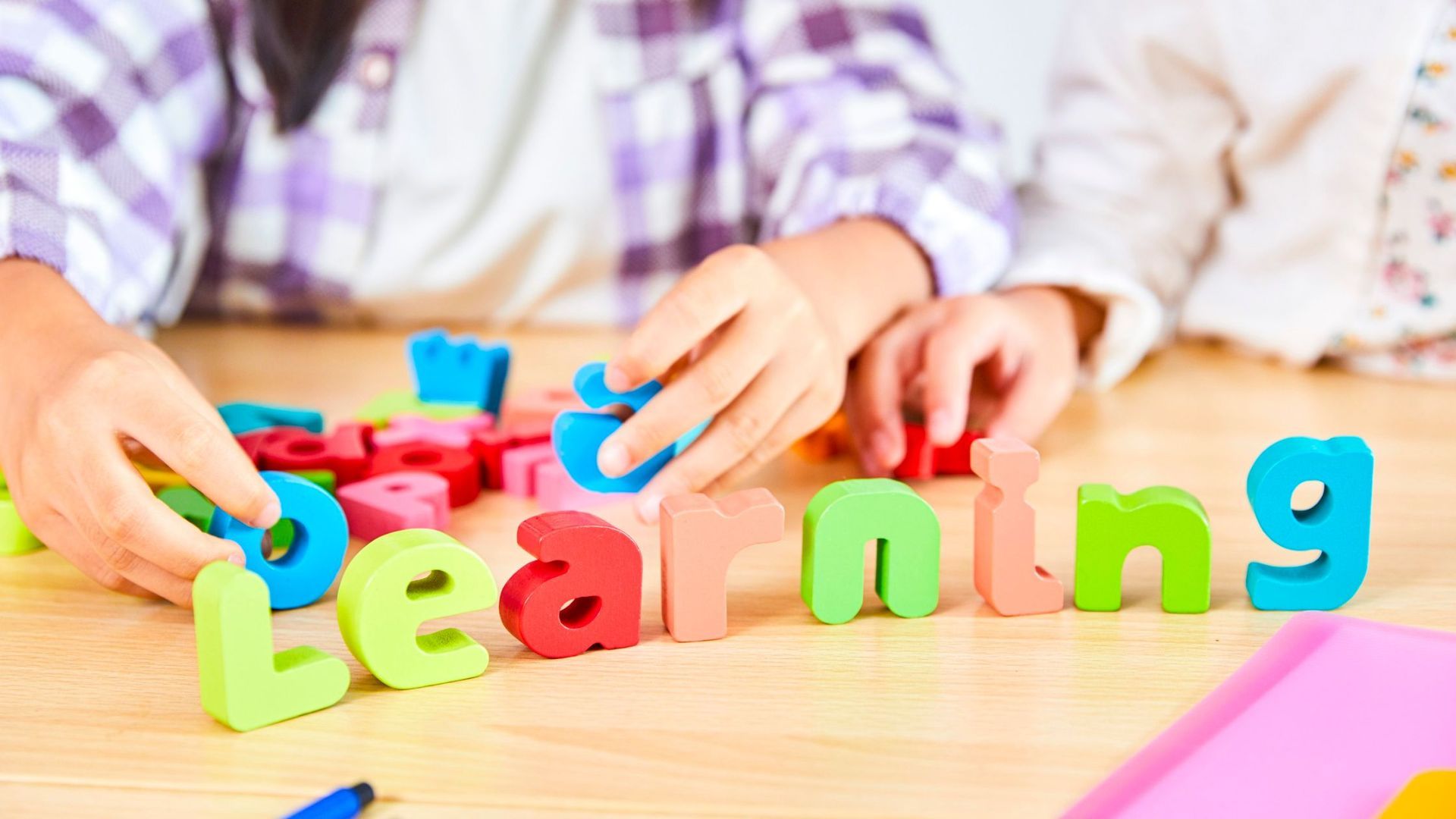Encouraging Independence in Young Children

Fostering independence in young children is essential for their growth, confidence, and ability to navigate the world. Encouraging self-reliance helps children develop problem-solving skills, resilience, and a sense of accomplishment. By integrating small, age-appropriate responsibilities into daily life, parents and caregivers can support children in becoming capable and confident individuals. Here are some effective ways to nurture independence in young children.
Allowing Children to Make Choices
Giving children opportunities to make choices empowers them and helps them develop decision-making skills.
- Let them choose their clothes – Offering two or three options allows children to express themselves while staying within appropriate guidelines.
- Encourage meal decisions – Let them decide between two healthy snacks or what fruit to include in their lunch.
- Support playtime choices – Giving children the freedom to pick activities fosters creativity and self-expression.
By giving children structured choices, they learn responsibility while gaining confidence in their ability to make decisions.
Teaching Self-Help Skills
Encouraging children to complete tasks on their own builds self-sufficiency and pride in their achievements.
- Dressing themselves – Allow children to put on their shoes, zip jackets, and pick out their outfits.
- Practicing hygiene habits – Teach them to brush their teeth, wash their hands, and comb their hair independently.
- Cleaning up after themselves – Encourage them to put away toys, place dishes in the sink, and tidy up their space.
With practice and patience, children develop confidence in their ability to care for themselves.
Encouraging Problem-Solving and Critical Thinking
Giving children the opportunity to solve small challenges on their own fosters resilience and critical thinking skills.
- Allow them to figure things out – Instead of immediately offering solutions, ask, “What do you think we should do?”
- Encourage creative problem-solving – Puzzles, building blocks, and open-ended play promote logical thinking.
- Teach perseverance – Praise effort and encourage children to try different approaches when they face difficulties.
When children learn to problem-solve independently, they gain the confidence to handle future challenges.
Assigning Age-Appropriate Responsibilities
Giving children small tasks around the house helps them feel capable and contributes to their sense of responsibility.
- Simple chores for toddlers – Picking up toys, putting clothes in the laundry basket, or feeding pets.
- Responsibilities for preschoolers – Setting the table, watering plants, or helping with meal prep.
- Tasks for older children – Making their beds, helping with groceries, and organizing their belongings.
Age-appropriate responsibilities teach children accountability and teamwork while boosting their independence.
Encouraging Independence Through Play
Independent play is an essential part of childhood that promotes creativity, problem-solving, and decision-making skills.
- Offer open-ended toys – Building blocks, art supplies, and pretend-play sets allow children to explore and create on their own.
- Give them unstructured time – Allowing children to play without constant direction fosters self-sufficiency and imagination.
- Create a safe environment for exploration – A child-friendly space with accessible toys and books encourages independent playtime.
Through independent play, children learn to entertain themselves and explore their abilities without relying on adult intervention.
Building Confidence Through Encouragement
Children need positive reinforcement to feel secure in their growing independence.
- Praise efforts, not just results – Encourage children by acknowledging their attempts, even if the outcome isn’t perfect.
- Avoid correcting too quickly – Let children learn from small mistakes rather than immediately stepping in to fix them.
- Celebrate small achievements – Recognizing successes, like tying shoelaces or preparing a simple snack, motivates children to keep trying new things.
Encouragement helps children build self-esteem and reinforces the importance of persistence and effort.
Teaching Time Management and Organization
Helping children understand routines and responsibilities fosters independence in managing their time.
- Create visual schedules – Using picture charts or timers helps young children understand daily routines.
- Allow extra time for tasks – Giving children enough time to complete activities independently reduces frustration.
- Teach organization skills – Encouraging children to put toys back in designated places instills lifelong habits of tidiness.
By learning time management early, children develop a sense of structure and personal responsibility.
Encouraging Safe Risk-Taking
Allowing children to take safe, manageable risks helps them build confidence in their abilities.
- Let them try new activities – Climbing a playground structure, pouring their own drink, or attempting a new puzzle fosters courage.
- Encourage them to speak for themselves – Letting children order their meal at a restaurant or answer questions builds communication skills.
- Support calculated risks – Trying a bike without training wheels or attempting a new skill helps children build resilience and adaptability.
Safe risk-taking encourages children to trust their capabilities and expand their comfort zones.
Encouraging independence in young children goes hand in hand with engaging them in sensory play , which fosters problem-solving and self-discovery, and reading activities , which enhance cognitive and language skills—both essential for building confidence and autonomy.
Conclusion
Encouraging independence in young children lays the foundation for lifelong self-confidence and resilience. By allowing them to make choices, take responsibility, and solve problems on their own, parents and caregivers empower children to navigate the world with confidence. While guidance and support are essential, fostering independence helps children develop the skills they need to succeed in life.
With patience, encouragement, and age-appropriate opportunities, children grow into self-reliant individuals who embrace challenges and celebrate their achievements.










